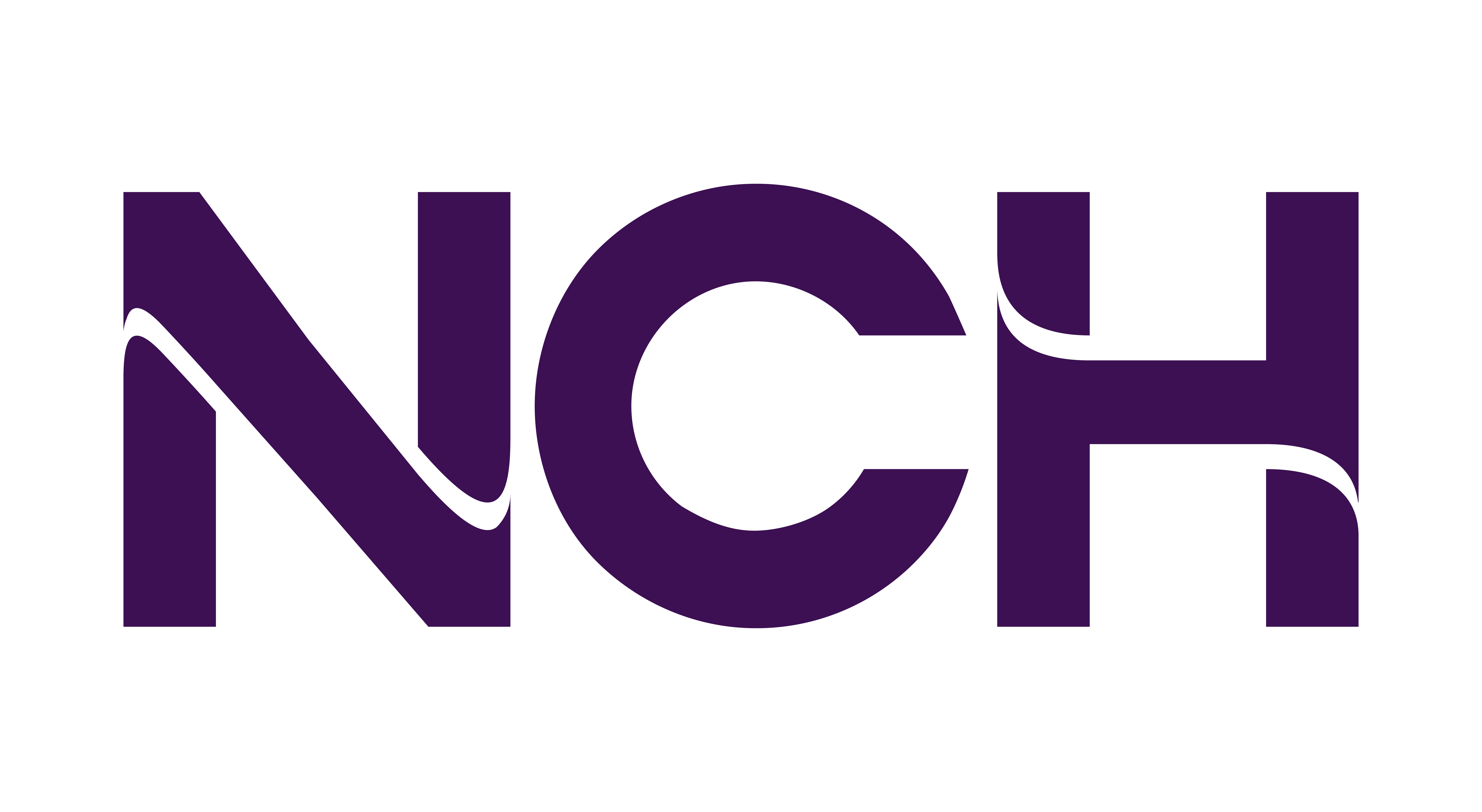The coronavirus has impacted all of us, however, some of the most vulnerable members of our community are at the highest risk. Research has shown that adults 60 years and older, particularly those with preexisting medical conditions, are likely to contract a severe case of COVID-19. Many caregivers may be wondering how to handle this situation and take care of their loved ones without passing along disease or contracting it themselves.
Stay Well
What is most important is that caregivers keep themselves well so that they can continue to offer the safest care to older adults. This means caregivers should be vigilant in their hand washing, avoid touching their face, keep at least six feet between themselves and others, and consistently sanitize frequently touched surfaces and objects. According to AARP, there are over 40 million family caregivers in the United States – if caregivers do not keep themselves well and healthy amid this crisis, they will be unable to provide the necessary care that older and elderly adults desperately need.
Stay Connected
Unfortunately, as important as social distancing is, it can lead to loneliness and depression. Geriatric medical physician, Alexander Sasha Rackman, M.D., stated the following in his article published in The Hill “While continuing to social distance for the sake of all — and especially for seniors — is the right move, the tragic consequence, unfortunately, is social isolation. Some digital ways to ease isolation underscore the importance of staying in touch with elderly loved ones. They need a familiar voice more now than ever.”
Elderly adults may cherish the in-person visits they receive from family, friends, and caregivers; however, now is simply not the time for that. In order to make sure senior adults maintain good spirits and mental wellness, try connecting virtually. We live in a society with technology available at every fingertip, so show your loved ones how to video chat and use messaging applications. Keeping elderly adults connected to the rest of their family will make this time for them less isolating.
Stay Prepared
Having a plan in place can help you and your elderly loved ones feel more secure, so be sure to do the following:
- Supply your loved ones with a list of emergency contacts who can help in their time of need.
- Stock up on medication – make sure all prescriptions are filled on time and try to have 1-3 months’ supply in advance.
- Gather 2-3 weeks’ worth of food – particularly dry goods, canned goods, and frozen foods.
- Keep track of available delivery services in your area to help ease the burden of caregiving and lessen physical contact with elderly loved ones.If you or your elderly loved ones start to develop COVID-19 symptoms such as cough, fever, or shortness of breath, contact a family physician on next steps.
Being a caregiver is a full-time job and it takes a dedicated, loving, and strong individual to do it. As we continue to fight this virus, remember the huge difference you’re making in an older person’s life and don’t forget to send them a virtual hug every once in a while, too.




